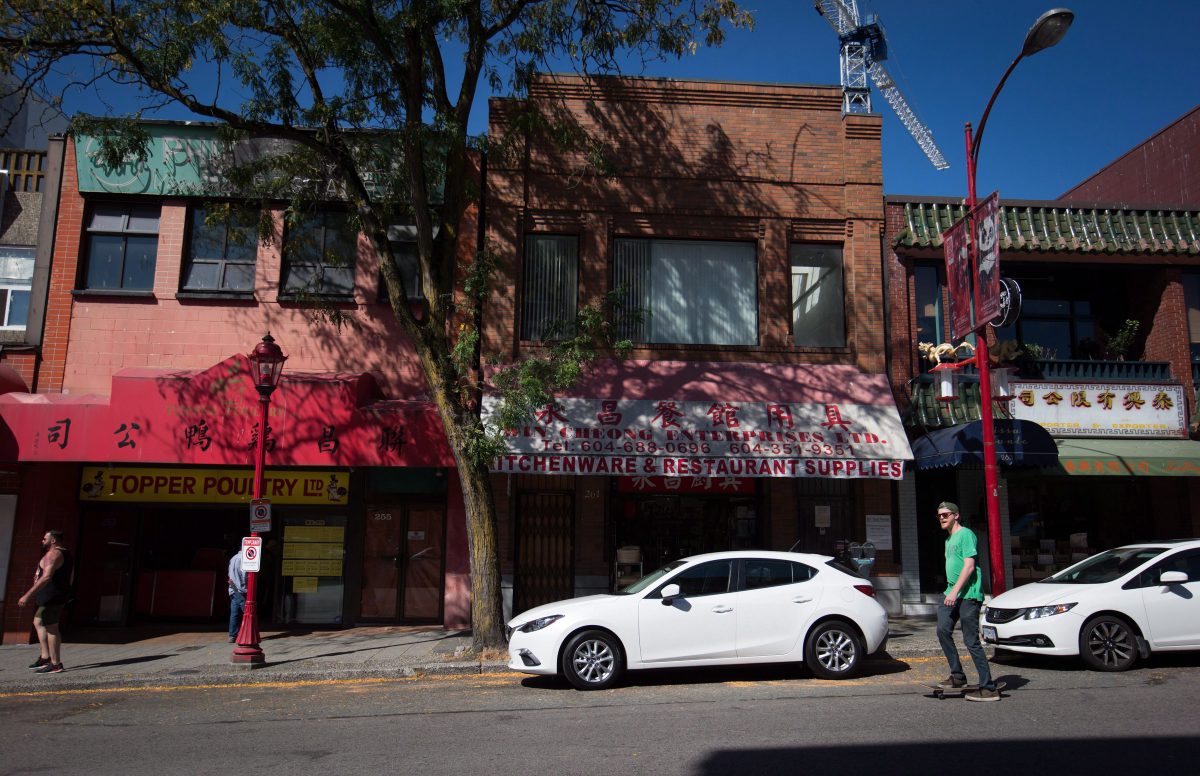As employers began filing their first payments for B.C.’s new employer health tax Saturday, business advocates are calling on the province to rethink the policy.

Muriel Protzer, policy analyst for the Canadian Federation of Independent Business (CFIB), said more than 75,000 businesses across the province will be required to pay their first installments and thinks that number is far too high.
WATCH: (Aired March 25) Small business health tax revolt

“Most of those businesses are considered small, with only 10 or 15 employees,” she said. “By far, these are the local and small businesses you see when walking down your favourite street. We need the government to provide short- and long-term solutions to protect these businesses.”
The employer health tax is meant to replace the outgoing Medical Services Plan (MSP) premium payments made by individuals, which are set to be eliminated by Jan. 1, 2020.
Businesses with payrolls of more than $1.5 million must now pay a tax rate of 1.95 per cent on their total payrolls.
Any businesses with payrolls between $500,000 and $1.5 million will pay a reduced rate, and those with payrolls below $500,000 will not pay the tax.
Businesses whose payable amount exceeds $2,925 for the previous calendar year are required to pay in installments.

Get daily National news
Protzer said even spreading out the payments could prove devastating to small businesses.
“We’re hearing from our members that they’re worried they won’t be able to hire that additional employee because of this aggressive tax,” she said.
“Payroll taxes are often the most difficult for them to absorb, so the new tax isn’t coming as good news.”
Finance Minister Carol James has said the tax is meant to protect small businesses, and the province lowered the corporate tax rate for those employers to offset the additional costs.
She’s also promised changes are coming to the tax, and is open to hearing further suggestions from business owners.
WATCH: (Aired July 4, 2018) NDP government backtracks on part of employer health tax

But Protzer said that outlook is too long-term to help those owners now that payments are due.
“Right now we need immediate relief,” she said.
The CFIB is asking the province to create “a better balance between what employers are paying and what residents are paying,” she said, arguing employers will be footing the entire bill for health care costs once MSP premiums are gone for good.
Protzer said the exemption threshold should also be raised beyond $500,000 to ensure only larger companies are responsible for paying the tax.
She pointed to Manitoba’s health and post-secondary education tax levy, which is similar to B.C.’s employer health tax and has a threshold of $1.25 million.
Vancouver city council recently voted in favour of a 4.5 per cent property tax hike to cover the additional costs of the city paying the tax. Other municipalities have since followed suit.
The employer health tax is expected to generate $1.85 billion annually for the province.
—With files from Richard Zussman







Comments